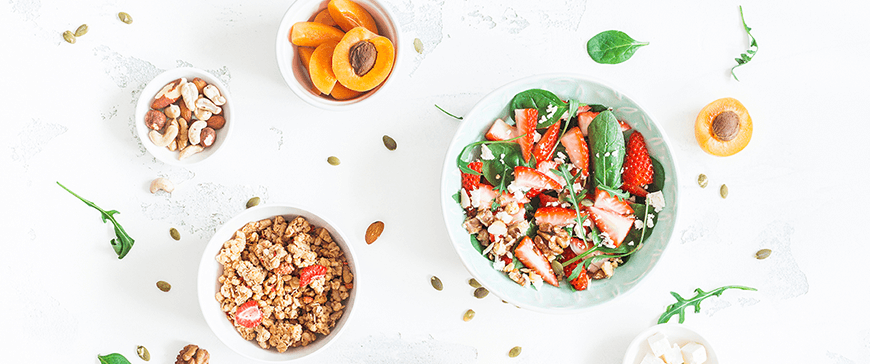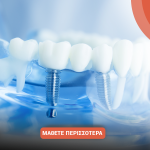File: Haemorrhoids! Diet Dos & Don’ts…
Haemorrhoids are clusters of vascular tissue that lie around the anal canal. They are divided into those located in the lower part of the colon (internal) and those located in the rectum (external).
Haemorrhoids are a very common condition in the population of Western societies. 50% of men and women are estimated to experience haemorrhoids at some time in their lives. Of these cases, about 10-20% will require surgery. Risk factors for the development of haemorrhoids are heredity, constipation and sedentary lifestyle.
 All people have haemorrhoids, but one in three will suffer some time in their life from a relative problem.
All people have haemorrhoids, but one in three will suffer some time in their life from a relative problem.
So if you have the misfortune to face a problem, then you should be aware that if you adapt your diet appropriately, you can achieve symptom reduction, even elimination.
Must
- Whole-grain foods such as cereals, bread, wholemeal pasta and black rice
- Root vegetables, especially potatoes and turnips
- Raw or fresh vegetables such as lettuce, olives, tomatoes, cucumber and carrots
- Dried or fresh fruits such as raspberries, apricots, plums and mandarins
- Probiotic yogurt can also be great for quick relief from the symptoms of haemorrhoids
- 6 to 10 glasses of water per day.
Must not
- High-fat foods
- High sugar foods
- Low-fiber foods (meat, cheese, sweets, etc.)
- White bread, pastries, pasta with white flour
- Spicy food
- Processed foods containing large amounts of sodium
Of course, we should point out that diet alone does not treat haemorrhoids. You should definitely arrange a diagnostic visit to YODA’s Anal Disorders & Proctological Clinic, where specialist doctors will guide you through the appropriate medication or invasive treatment where necessary.










